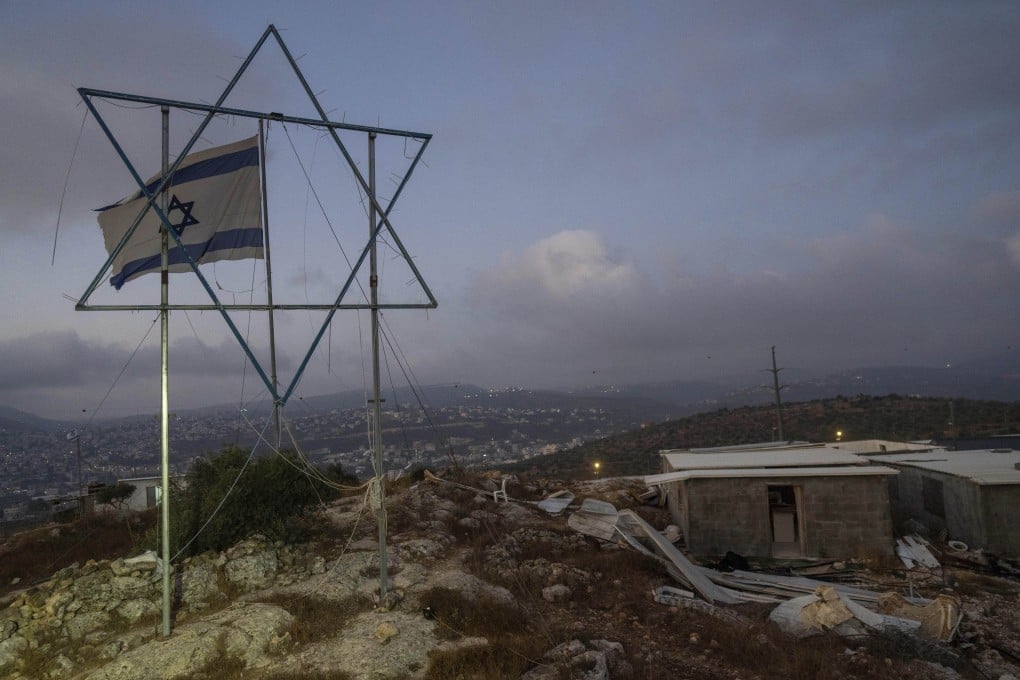Advertisement
Israel’s relentless West Bank land grab imperils two-state solution amid Gaza war
- Israel is set to embark on the largest single annexation of Palestinian land to date by seizing territory in the Jordan Valley
Reading Time:4 minutes
Why you can trust SCMP
8

Amid renewed diplomatic efforts to end the conflict in Gaza and prevent it from spreading to Lebanon, Israel has accelerated annexations of land in the occupied West Bank to kill off any remaining prospect of an independent Palestinian state.
Advertisement
Last week Israel announced it would annex a total of 12.7 square kilometres in the Jordan Valley, the largest single annexation of Palestinian land since it seized the West Bank from Jordan during the 1967 six-day war with an Arab coalition.
It also unveiled plans to build 5,300 new homes for Israeli settlers in the West Bank, which Jordan gave up its claim to provide space for the independent Palestinian state envisaged under the US-sponsored 1990s Oslo Accords that ended decades of hostilities between Israel and the Palestinian Liberation Organisation.
Advertisement
Israel has paid little heed to warnings from its internal security service Shin Bet, Western allies and Arab neighbours that the concerted move to relocate tens of thousands of Israelis to land seized from displaced Palestinian families would inevitably lead to a third intifada uprising in the West Bank and East Jerusalem, once again placing the security of Israel and the rest of the Middle East in jeopardy.
The United States and European Union have “consistently condemned Israeli annexation efforts in the West Bank” and recently “condemned in the strongest terms possible” the effort by Israeli Finance Minister Bezalel Smotrich to withhold payments to the Palestinian Authority and potentially “engender its financial collapse”, said Jonathan Panikoff, who served as US deputy national intelligence officer for the Near East from 2015 to 2020.

Advertisement